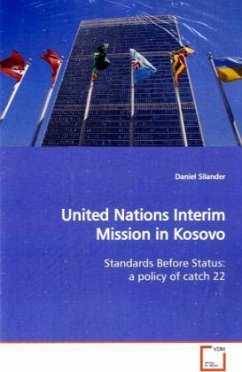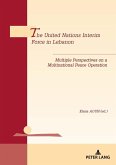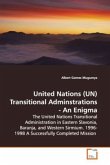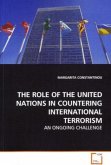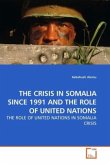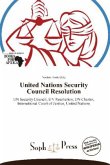After a decade of political oppression by Serbia in
Kosovo, years of underground activities in Kosovo
against Serbian rule, and months of armed
confrontations between Serbian and Kosovo Albanian
troops, NATO decided, in the spring of 1999, to
intervene and force Serbian troops out of Kosovo. On
June 12, 1999, United Nations Council Resolution
1244 released Kosovo from Belgrade's rule by
transferring the control of Kosovo to the United
Nations as a UN protectorate - the United Nations
Interim Mission in Kosovo (UNMIK). This was the
largest UN mission in history.
This book explores the political developments of
Kosovo from the international intervention in 1999
to Kosovo's declaration of independence in 2008. The
author argues that the UN mission in Kosovo was
doomed at its inception, because of the UN policy
requiring that Kosovo met certain standards before
the UN would commit to settling the future status of
Kosovo. Without recognizing the country's
sovereignty, Kosovo was unable to meet the UN
standards. As a consequence, many challenges remain,
compounded by a UN policy that for years left Kosovo
a paralyzed society.
Kosovo, years of underground activities in Kosovo
against Serbian rule, and months of armed
confrontations between Serbian and Kosovo Albanian
troops, NATO decided, in the spring of 1999, to
intervene and force Serbian troops out of Kosovo. On
June 12, 1999, United Nations Council Resolution
1244 released Kosovo from Belgrade's rule by
transferring the control of Kosovo to the United
Nations as a UN protectorate - the United Nations
Interim Mission in Kosovo (UNMIK). This was the
largest UN mission in history.
This book explores the political developments of
Kosovo from the international intervention in 1999
to Kosovo's declaration of independence in 2008. The
author argues that the UN mission in Kosovo was
doomed at its inception, because of the UN policy
requiring that Kosovo met certain standards before
the UN would commit to settling the future status of
Kosovo. Without recognizing the country's
sovereignty, Kosovo was unable to meet the UN
standards. As a consequence, many challenges remain,
compounded by a UN policy that for years left Kosovo
a paralyzed society.

